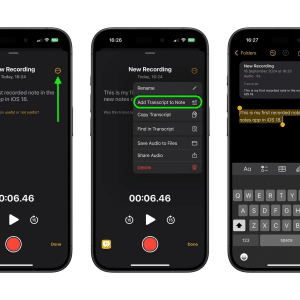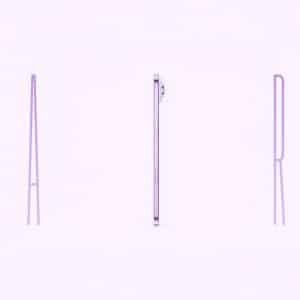A deal which forced Microsoft to offer European computer users a choice of web browsers has ended. The deal was called the ‘browser ballot’ and required Microsoft to incorporate non-Internet Explorer browsers into Windows. It lasted for five years and was first drawn up in 2009 when Microsoft’s competitors said that their own Internet Explorer had an unfair advantage.
Internet Explorer had a 70% market share in 2009 but it has been faced with stiff competition from browsers like Mozilla Firefox, Google Chrome and Apple’s Safari. It’s now thought that around 20-25% desktop PC users browse with IE. Chrome is the most popular, with half of the market share.
The browser ballot was only implemented in Europe but it’s widely agreed that it did make a huge difference to the market. Microsoft were fined 561 million Euros for failing to offer the ballot screen on Windows 7 Service Pack for over a year. Microsoft announced the end of the ballot in a message posted on its support site, offering information to administrators on turning off the ballot screen.
Do you think the ballot screen was necessary? Did Microsoft take advantage of Windows dominance? Would you have liked to have seen the ballot in the US? Let us know below.












